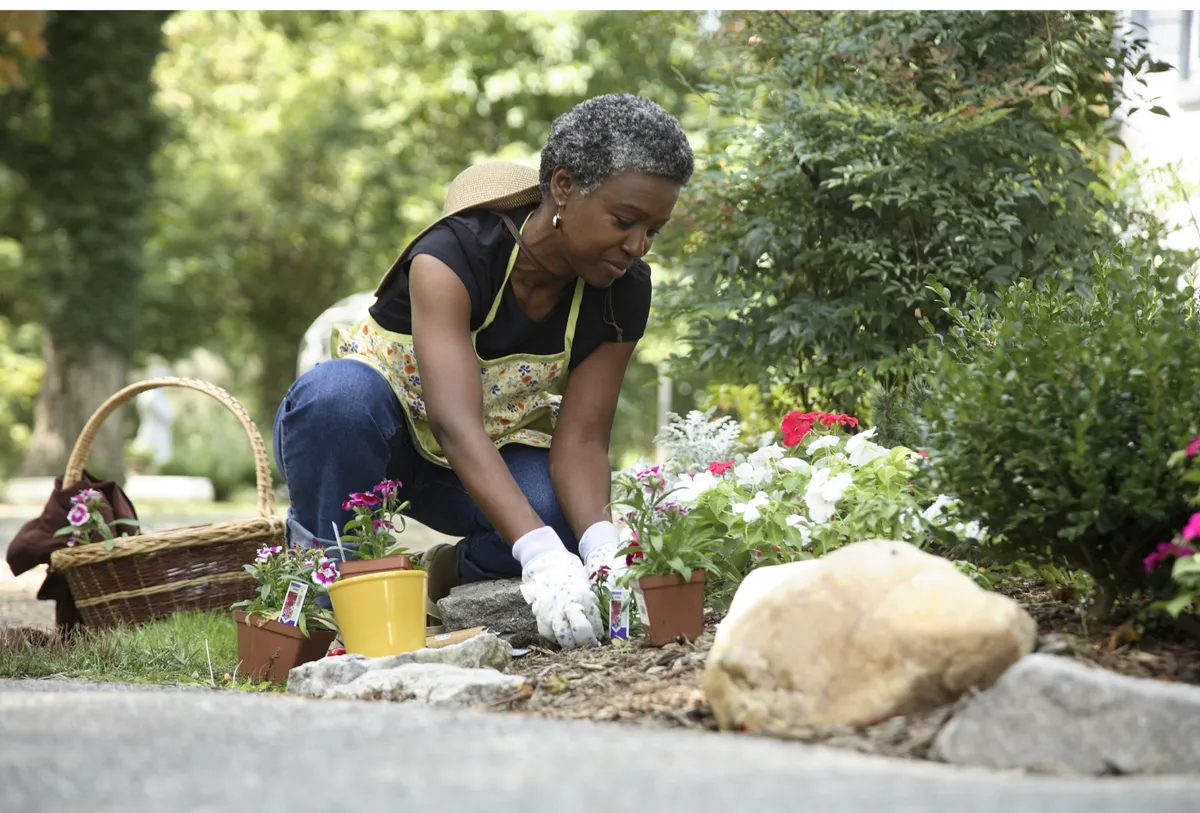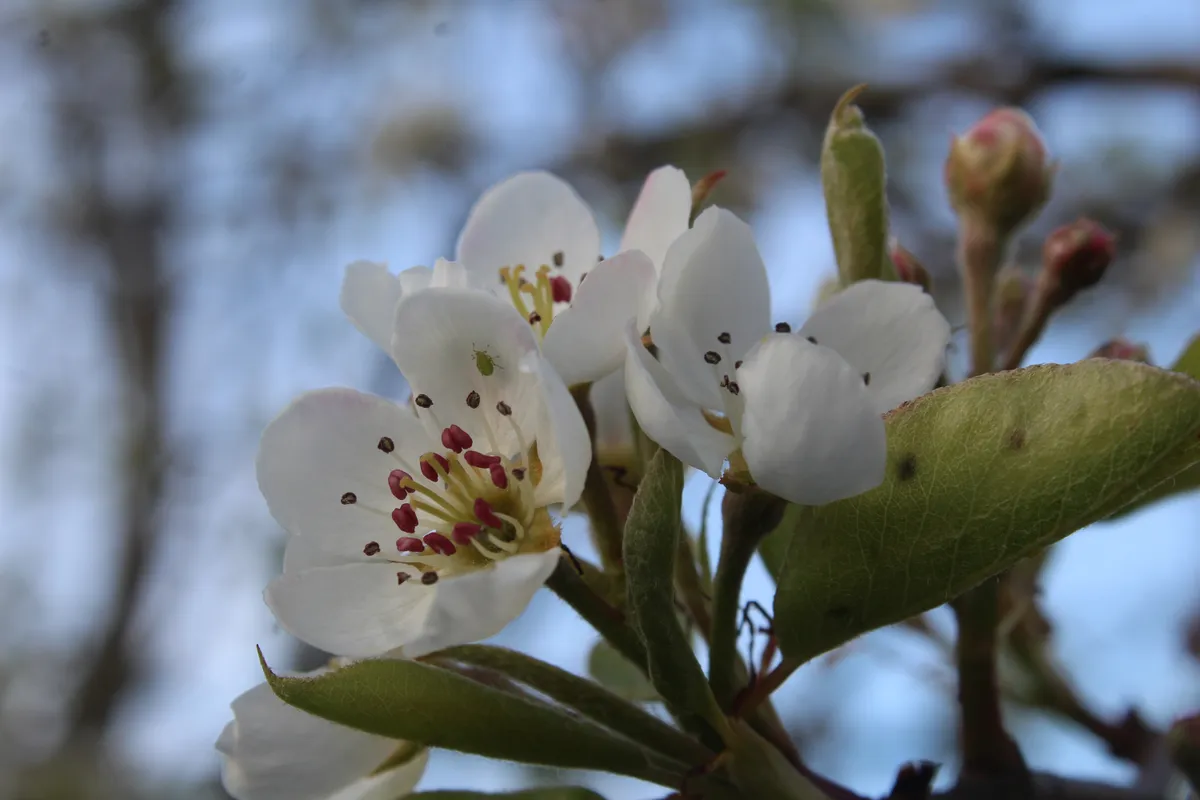In the UK, clocks go forward one hour on the last Sunday in March and back one hour on the last Sunday in October.
Our guide to daylight saving in the UK looks at when and why the clocks change twice a year, and the best ways to make the most of the daylight when they do.
When do the clocks change in 2024?
In the UK, the clocks change twice a year, once in spring and again in autumn - they go forward one hour on the last Sunday in March and back one hour on the last Sunday in October.
This year, the clocks go forward one hour at 1am on Sunday 31 March and back one hour at 2am on Sunday 27 October – hence the phrase, 'spring forwards, fall back'.
What is daylight saving?
The policy was first introduced on 17th May 1916 in an attempt to save fuel, namely candles and coal, during World War One. Daylight Saving Time (DST) became permanent when parliament passed the Summer Time Act, which became known as British Summer Time (BST).
The campaign to use BST was first started in 1907 by a British builder called William Willett from Kent who wanted the country to make the most of the daylight hours in the summer months and save vital fuel. He wrote the pamphlet 'The Waste of Daylight' arguing the case for daylight saving time. Willett at first wanted the clocks to be changed by 20 minutes every Sunday in April and then reversed by 20 minutes on four Sundays in September, however this was revised to the simpler one-hour change that we know today.
Sadly, Willett never lived to see the passing of the Summer Time Act as he died of influenza in 1915.
Everyone appreciates the long light evenings. Everyone laments their shrinkage as the days grow shorter, and nearly everyone has given utterance to a regret that the clear bright light of early mornings, during Spring and Summer months, is so seldom seen or used.
William Willett
Daylight Saving Time (DST) has since remained to help people make better use of the daylight hours – however, it could be argued that it is more useful to some people more than others.
In 1941 during the Second World War, an emergency British Double Summer Time (BDST) was used by Britain to help with fuel shortages. This saw clocks put forward two hours ahead of GMT until the end of summer 1945. However, following a harsh winter in 1946, BDST was used again in summer 1947.
How to make the most of your 'extra hour' in autumn
The clocks going backwards mean we'll 'gain an hour' during the night, which means our body clock will wake up an hour ahead of the bedside clock. If you're a morning person, this gives you a distinct advantage when it comes to making the most of that magic hour while everyone else in the household is sleeping. So what will you do with it? Here are some suggestions:
Get out early for a run or early dog walk

With mists lying low over the valleys and a glowing seasonal sunrise, this is one of the best times of the year to enjoy the peace and tranquility of the landscape. Try out a new route with the extra time, and see what wildlife you can spot at this crisp time of the morning.
See our walks section for the best rambles near you
Load up the slow cooker

Throw a few things into your slow cooker and you can come home after work to an enticing aromatic smell and dinner already prepared – and just when you least feel like cooking.
See our seasonal recipes for inspiration.
Start a diary

Whether you're seeking a little clarity on things, or wanting to carve out some 'me-time', regularly writing in a diary can reveal some fascinating revelations about yourself and help you work through problems, privately.
Harness your creativity

Nothing, absolutely nothing, can beat that magical first hour of being awake, when your mind is unpolluted by the everyday decisions that govern our lives. Use the time to let your imagination play, without agenda: Try drafting a novel with National Novel Writing Month (NaNoWriMo) for the month of November, where participants commit to a daily quota of words to get that first draft out of their systems. Or, why not dig out your sketchbook and find a quiet corner or bench outside?
Find out how to draw a barn owl, or make an autumn leaf tealight jar.
How to make the most of your 'extra hour' of daylight in spring
While you initially lose an hour of sleep when the clocks go forward an hour in March, you gain an extra hour of daylight, which is handy if you work full-time and want to enjoy the longer evenings. Here are a couple of activities to enjoy in the lighter evenings.
Get stuck into gardening

March and April are great months for getting into the garden. Plant onions, potatoes and summer bulbs, work your compost and protect emerging shoots from slugs. Stay on top of early growth by mowing the lawn (when dry), weeding and pruning bushes.
Go on a blossom walk

Even after a nine-to-five there’s enough daylight to head out on a stroll and see early spring’s blossoming trees. Hawthorn’s turn white and pink with thick clusters of blossom, while later in the month wild cherry trees turn white with blousy petals. Look out for the crab apple bloom, its sweetly scented flowers an important source of early pollen for bees.
